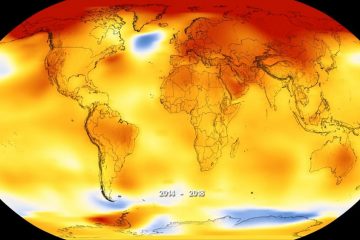Earth Sciences (also referred to as Geosciences), which deals with basic issues surrounding our planet, plays a vital role in the area of energy and raw materials supply.
Earth Sciences comprises subjects such as geology, geography, geological informatics, paleontology, mineralogy, petrography, crystallography, geophysics, geodesy, glaciology, cartography, photogrammetry, meteorology and seismology, early-warning systems, earthquake research and polar research.

The Earth’s gravity fluctuates from place to place. Geodesists use this phenomenon to observe geodynamic and climatological processes. Using…

The huge magnetic field which surrounds the Earth, protecting it from radiation and charged particles from space – and which many animals even use for…

One aspect of climate change that has received little attention in the public debate so far is the spread of what are called vector-borne diseases, namely,…

With this programme, the EU supports the career development of scientists. It is the first such MSCA fellowship to be awarded to an employee of TROPOS.

The most complete assessment ever of statistical uncertainty within the GISS Surface Temperature Analysis (GISTEMP) data product shows that the annual values…

For the first time it is possible to measure, simultaneously and with extreme precision, four rare molecular variants of carbon dioxide (CO2) using a novel…